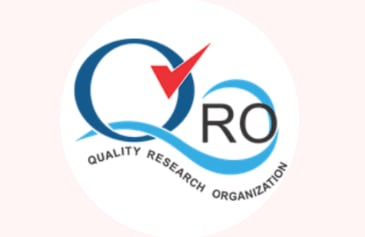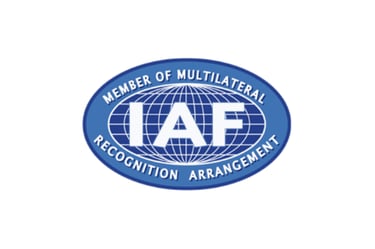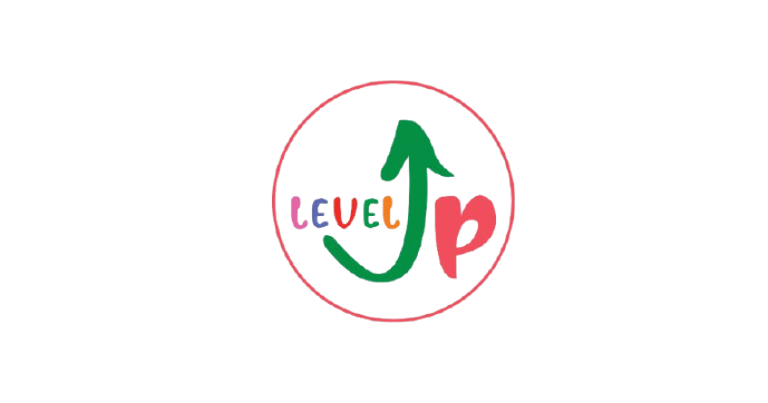25 Primary Teacher Interview Questions and Answers to Prepare For (Part 2)
Prepare for your interview with these 25 authentic primary teacher interview questions and answers. Includes real-life classroom scenarios and expert strategies.
PRESCHOOL TEACHER INTERVIEW QNA
LevelUp Online Education
9/24/20253 min read
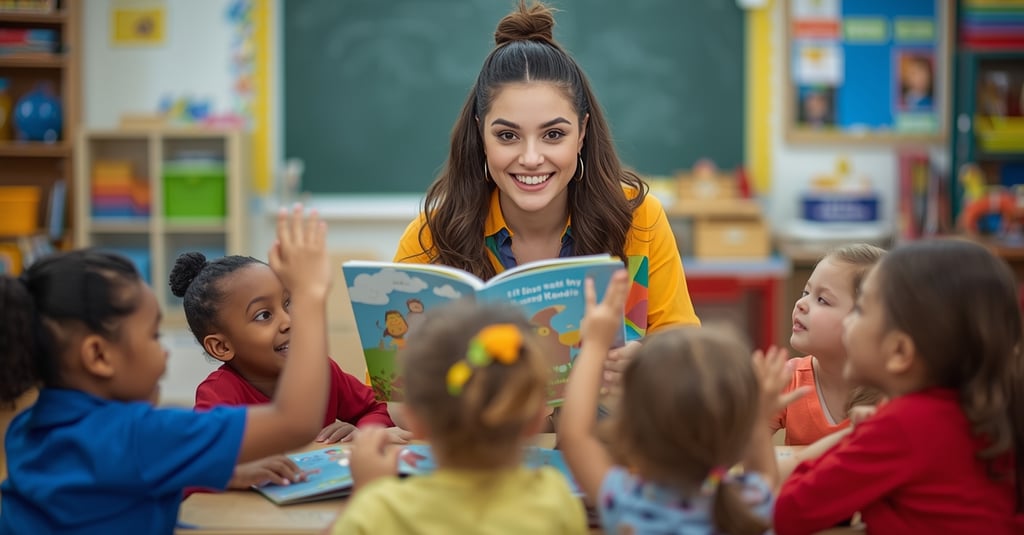

Section 3: Scholar-Level, Very Tough Questions (5–6)
26. What is your philosophy of education in one sentence?
Answer: Education is about nurturing curiosity, values, and lifelong learning—not just producing grades.
27. How do you define success as a teacher?
Answer: Success is when a child not only understands a subject but also grows confident, empathetic, and eager to learn beyond the classroom.
28. What reforms would you bring in primary education if given authority?
Answer: I’d focus on reducing rote learning, strengthening teacher training, and integrating social-emotional learning into the curriculum.
29. How do you prepare children for lifelong learning?
Answer: By encouraging questioning, teaching how to learn rather than what to learn, and fostering curiosity and resilience.
30. What is the biggest challenge in today’s primary classrooms?
Answer: Balancing technology with real learning and ensuring inclusivity for every child regardless of background or ability.
31. How do you balance tradition and innovation in primary education?
Answer: I respect traditional methods like storytelling and handwriting practice, but I also integrate innovation such as digital learning tools. The balance ensures children benefit from both cultural roots and modern skills.
32. If marks do not define a student, what should?
Answer: Marks measure performance, but not character or potential. Curiosity, problem-solving ability, teamwork, and resilience are better indicators of true growth.
33. What is more important in early education—discipline or creativity?
Answer: Both are important, but discipline should never suppress creativity. A structured environment actually supports creativity by giving children the safety to explore.
34. How should teachers address the influence of social media on young children?
Answer: By teaching media literacy early, guiding children to distinguish between useful and harmful content, and promoting balanced screen time with real-world activities.
35. Do you believe primary education should be more about values or academics?
Answer: Values and academics must go hand in hand. Without values, knowledge can be misused; without academics, values cannot find practical expression.
36. What role does failure play in learning?
Answer: Failure is not the opposite of learning—it is part of it. Children must be allowed to make mistakes, reflect, and try again. This builds resilience and problem-solving skills
37. How can a teacher contribute to educational equality?
Answer: By ensuring inclusivity in class—using differentiated instruction, supporting underprivileged learners, and treating every child with equal respect regardless of background.
38. What is your opinion on homework in the primary years?
Answer: Homework should be minimal and meaningful. Instead of repetitive writing, it should include activities that connect learning with home life—like observing plants, reading stories, or helping parents in small ways.
39. If you had to choose one skill every child must learn by age 10, what would it be?
Answer: The ability to ask good questions. Curiosity drives learning in every subject and develops independent thinking.
40. How do you think education will change in the next 20 years?
Answer: Technology will personalize learning, but the human role of teachers as mentors will remain vital. Emotional intelligence, collaboration, and creativity will become as important as academic skills.
Conclusion
Interviews for teaching positions at the scholar level go far beyond checking your subject knowledge or lesson planning skills. They test your vision, philosophy, and ability to think deeply about education as a whole. The primary teacher interview questions and answers in this guide are designed to challenge you to reflect on what teaching truly means, and how your role shapes not just academics but values, curiosity, and lifelong learning in children.
As you prepare, remember that there is rarely a single “perfect” answer to these high-level questions. What matters most is that your response is thoughtful, authentic, and rooted in a clear philosophy of education. By practicing these 15 scholar-level QnA, you’ll walk into your interview ready to demonstrate not only that you can teach, but that you can inspire, lead, and contribute meaningfully to the future of primary education.
Northern Hills Supremus, A-306, opp. Northern Heights, Dahisar East, Mumbai, Maharashtra 400068
LevelUp Online Education
admissions@leveluponline.in
© 2025. All rights reserved
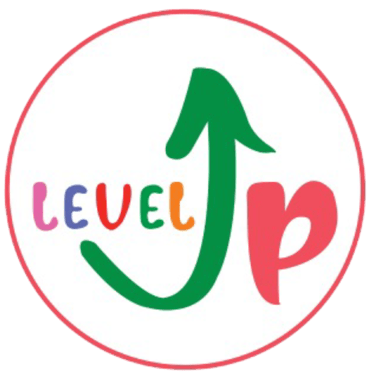

levelup_online_education
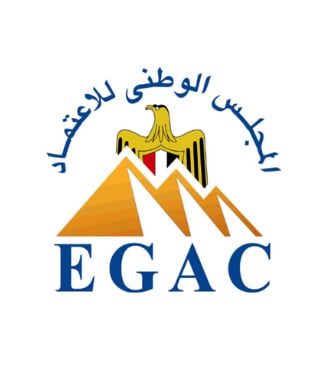



LevelUp Online Education
